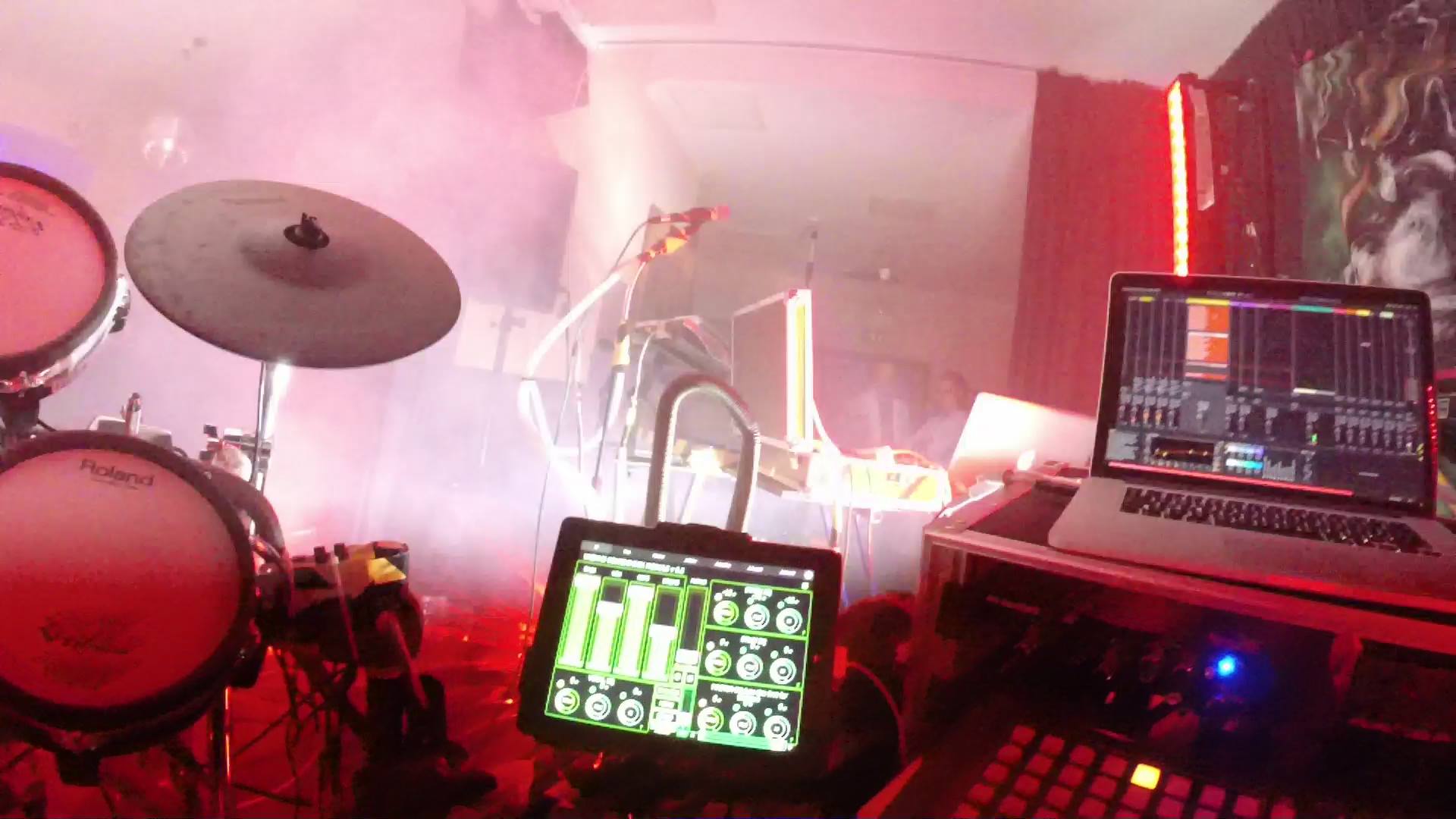When I bought my first MacBook Pro 17 inch model, it was the best option I could find. It was fast, it had a big screen and it was upgradable. That’s not the case these days. MacBooks have become very inconvenient for live musicians and music producers.
MacBooks lack USB ports
Musicians usually need a lot of USB ports, because nearly all MIDI controllers are connected via USB. A USB hub is not an option, because the USB devices run out of bandwidth and power. Musicians need more USB ports in their laptops. Current MacBook Pros only have two USB ports, which is ridiculous! Personally I would need about 9 USB ports, but I would settle for 5, if I had to. Surviving with three has been a pain in the arse. Some devices, like external hard drives, don’t work well with USB hubs.
MacBook Pros are not upgradeable
All the components in new MacBook Pros are embedded right into the motherboard, and cannot be updgraded. This shortens the life span of the computer significantly. I’m still running a late 2012, 17 inch MacBook Pro, with an upgraded hard drive and added RAM. I’m about to replace the DVD drive with another hard drive. This is something you cannot do with the new MacBooks.
Lack of disk space
Native Instruments’ Komplete package takes 440 gigabytes of disk space. Not to mention your DAW, which will probably eat something like 1-10 gigabytes. The top-of-the-line MacBook comes with 512 gigabytes of disk space. A terabyte of disk space will cost an additional 500 dollars. I’m already struggling with a terabyte of disk space, so having no option to add another hard drive, or switch the main drive, is a deal breaker. Sure, you could use external hard drives, if there were some USB ports to stick them to.
Unable to add more RAM
16 gigabytes of RAM, and that’s it. You’ll have to live with that for the rest of the product’s life. Less than ideal for a musician.
Too small screen size
I really enjoy having a big screen on my laptop. A screen that is big enough to use with music production software like Ableton Live. DAWs are easier to use if there is more space. A bigger resolution is no solution for that. A 17 inch screen was good for almost anything – from watching movies to playing live. It’s not too big to carry around, like the Apple engineers seem to think. It’s easy to slip in a backpack.
Interchangeable components, please
I would rather buy a heavy workstation laptop that is upgradable, than a laptop with only embedded components. I don’t want to buy a new computer every two years. Even iPads used to have some components that could be changed. Today it’s very difficult.
Where’s the progress?
Windows is starting to look like a good alternative, but only because it can run on pretty much any hardware you throw at it. Linux is not a good platform for music production, because all the major music production software cannot be installed on Linux natively. Running DAWs or other music software through Wine is not an option, because there is too much latency, and there are way too many bugs in the user interface. Sadly, it seems that all the options are somehow flawed. Windows laptops usually pale in speed comparison to the MacBook Pros, and if the screen size is right (17 inch for me, please), the resolution is smaller.
The current high end MacBook Pro comes with 2.5 GHz Intel i7 processor, which is probably not the same model that shipped with my 2012 model, but to me the specs seem almost identical – a 2.5 Ghz Intel i7 processor powers both of these models. And there’s two years between these machines. I would expect way more development in two years. Right now it seems like I’m running a much better computer than the new ones, which really should not be possible. Laptop evolution, at least for MacBook Pros, is moving backwards, just like their latest version of the Mac OS X, which is also pretty horrible.
I would like to hear how people have solved these issues.


1 thought on “Why the new MacBook Pros are not ideal for musicians anymore”